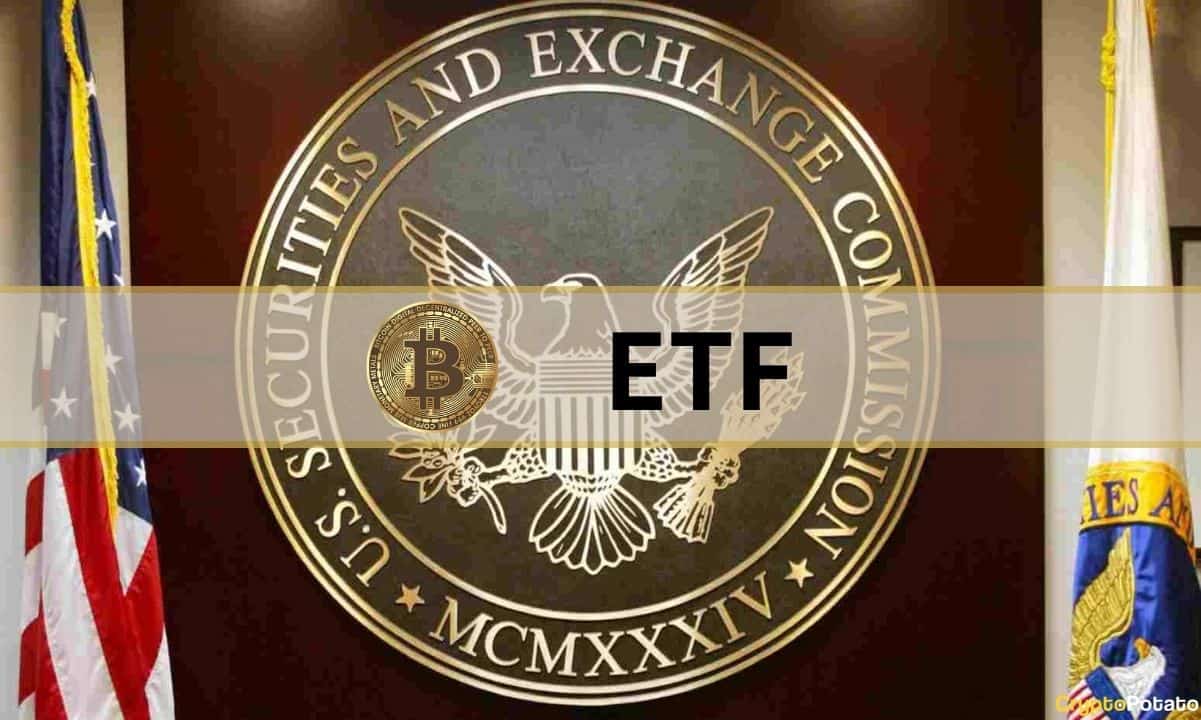The securities regulator will start reviewing the applications of BlackRock, Fidelity, VanEck, Invesco, WisdomTree, and Bitwise.
The United States Securities and Exchange Commission (SEC) has reportedly put six spot Bitcoin exchange-traded fund (ETF) applications under review, marking the first step before officially approving or rejecting them.
Finance giants, including BlackRock and Fidelity Digital Assets, have recently displayed ambitions to launch such ETFs, infusing enthusiasm in the crypto space and positively affecting the market.
Waiting for the Next Step
As reported by Reuters, the US securities regulator has formally acknowledged the applications of BlackRock, VanEck, WisdomTree, Fidelity Digital Assets, Bitwise, and Invesco, all of which filed to introduce a spot BTC ETF in America.
Despite the previous attempts from other companies, the Commission has failed to greenlight that type of product.
While the agency is still weighing on its decision regarding launching a spot BTC ETF in the States, it has already given a positive nod on a futures one. It approved the ProShares Bitcoin Strategy ETF in October 2021 -a few weeks before Bitcoin’s ATH of almost $70,000.
Could a Spot BTC ETF See the Light of Day?
Having BlackRock’s name among the candidates with ambitions to release such a product seemed like a game changer. After all, the company has filed 576 ETF applications with the SEC throughout its history, seeing just one rejection.
Many prominent individuals believe that this time the watchdog will finally say “yes” to a spot BTC ETF, with one example being Jay Clayton – former Chairman of the US SEC. He claimed that the agency will most likely approve the product should the interested parties prove it is sufficiently safe for investors:
If you can demonstrate that the spot market has similar efficacy to the futures market, it would be hard to resist approving a Bitcoin ETF,” the American concluded.
Galaxy Digital’s founder Mike Novogratz stands on the same corner. According to him, such approval could fuel mass adoption by investors who were previously unable to join the ecosystem.
 Edmund
Edmund






